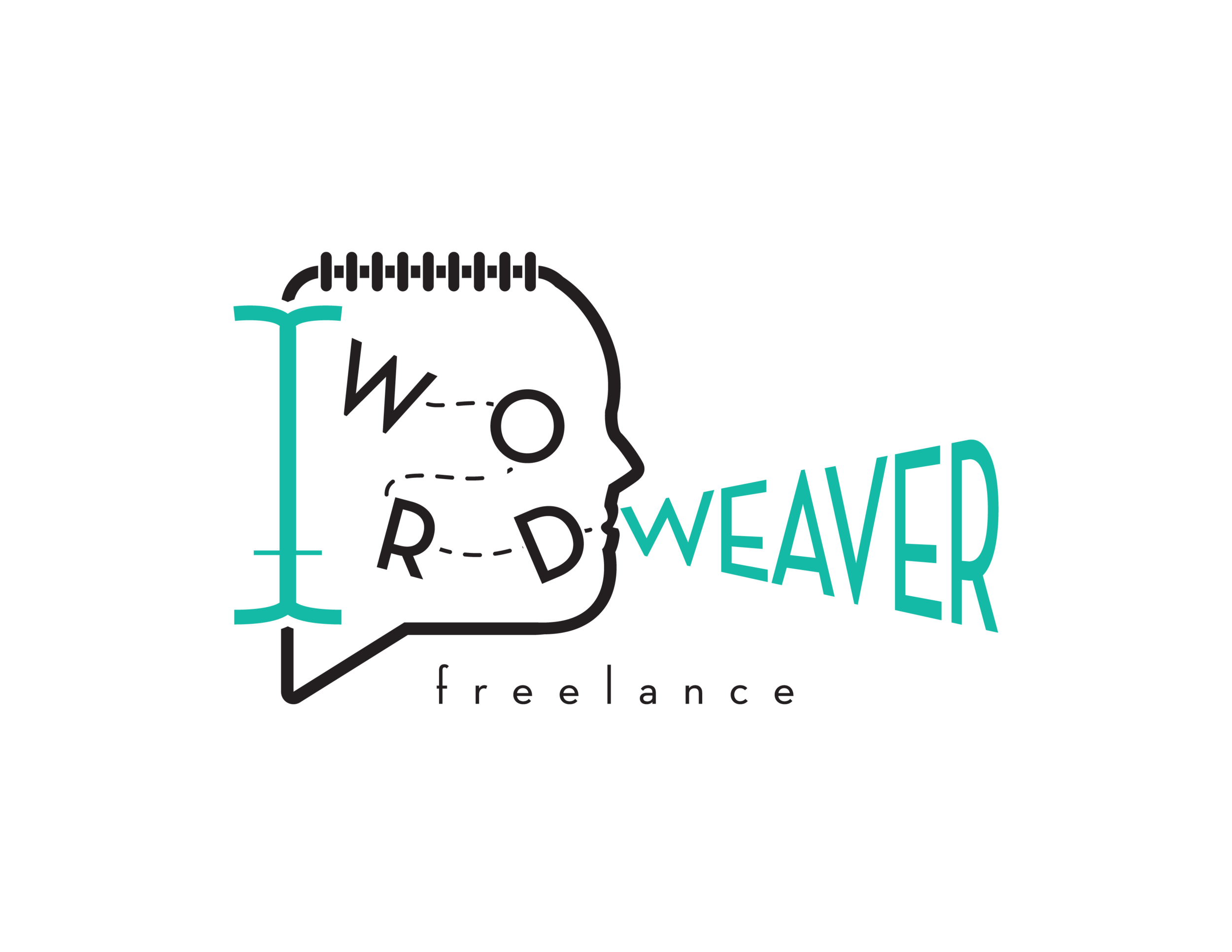When I was a kid, I lived in poverty.
My mother barely got by from paycheck to paycheck. She was a member of the working poor and a single mother whose ex-husband abandoned her and refused to pay child support. Sometimes there was nothing in the house for me to eat but a box of instant mashed potatoes.
But we were privileged in that my mother had relatives who could give her money when she needed it. It was humiliating for her to have to ask. Every time she did I could see her self esteem shrink a little bit more.
It was painful to see how poverty affected my mother's physical and mental health. She numbed her constant state of anxiety through addictive habits like smoking. She could only afford to buy processed food. And because she had a health condition but couldn't afford surgery, she lived with daily pain that forced her into a sedentary lifestyle.
Seeing firsthand how crippling poverty can be to a woman's self confidence and health has helped me to find compassion for people in far worse situations than mine.
It has helped me to see the disconnect between the negative assumptions about why people stay poor ("they're lazy," "they like to cheat the system," "they spend their money on stuff they don't need") and the reality of what keeps people poor (lack of access to resources, a broken system that rewards people for unearned wealth and penalizes the poor, a minimum wage that doesn't pay for basic needs while the cost of living gets higher).
It was tough for me to rise out of poverty. The only reason I could was because my mother insisted I get an excellent education.
Living in poverty also helped me to understand the nature of generosity.
Generosity isn't about giving a hand out to help someone get by.
Generosity is about giving a HAND UP to help someone RISE UP.
The money my relatives gave to my mother to help her pay an overdue bill was a form of charity. It was helpful and I'll be forever grateful for their kindness but it didn't improve our situation--it simply prevented our situation from getting worse.
The only thing that could have improved our situation was if my mother had been able to earn more money. But two big factors kept her at a disadvantage as a single mother: the lack of affordable childcare and the inability to access training for a better-paying job.
Which is why I have chosen to focus the impact of my business on funding initiatives that help women rise up through making childcare affordable and helping women and girls become business leaders.
"Interest-free microfinance has a higher potential than charity to make a long lasting impact on poverty alleviation and to enable people to be self-reliant, as it involves an element of trust in the potential and capabilities of people to help push themselves out of poverty."
This loan is special because:
A loan of $10,000 helps provide transportation for cancer patients to hospitals, hires employees to care for cancer patients and lead our programs and for community outreach events where we feed and clothe homeless sick children and adults in need.
This loan is special because:
It helps a Trustee-backed entrepreneur to grow a women-focused co-working and community space.
This loan is special because:
A loan of $9,000 helps us hire a previously incarcerated individual full time, buy equipment & ingredients and refresh our social presence.
Community Impact
When you work with me, you're also working through me to give a hand up to people living in hardship.
Here are a few ways I make it my business to give back:
Zero-interest microlending to women changemakers
See the lives you're investing in.
I believe in the innate desire of people to give back. I also believe in the human ability to find one's purpose and live it.
For every copywriting or content marketing project package you purchase, 100% of your project kickoff consultation fee will be invested as a zero-interest Kiva microloan to support women starting businesses, going to school, leading their communities and building strong families.
How does it work?
When you pay your first invoice, you'll have the opportunity to choose which project your kickoff consultation fee will go toward.
That's in addition to the monthly contribution WordWeaver Freelance invests with Kiva-backed projects.



